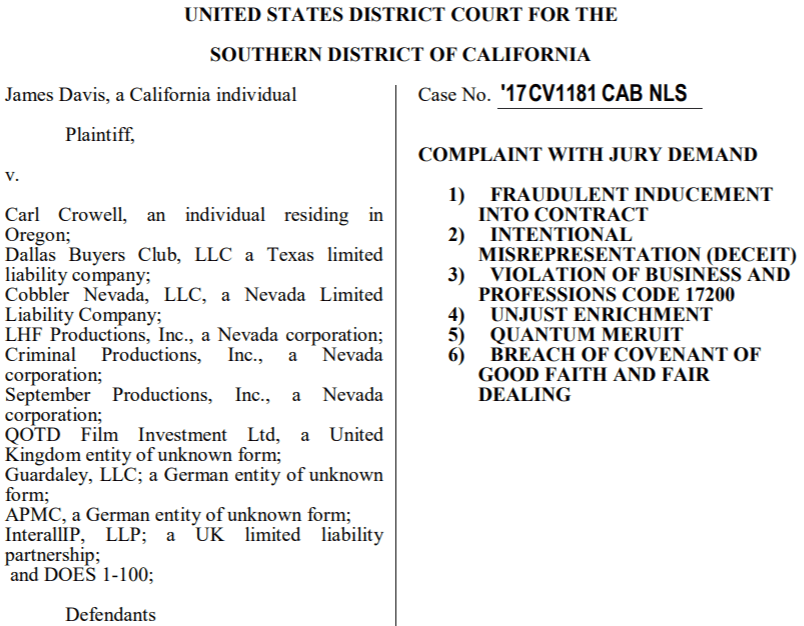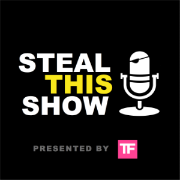Hotspot Shield VPN Reported to FTC For Alleged Privacy Breaches
lundi 7 août 2017 à 16:35 With online privacy becoming an increasingly hot topic, large numbers of companies are offering products which claim to stop third-parties from snooping on users’ Internet activities.
With online privacy becoming an increasingly hot topic, large numbers of companies are offering products which claim to stop third-parties from snooping on users’ Internet activities.
At the forefront are Virtual Private Networks (VPN), which push consumer traffic through encrypted tunnels and remote servers to hide activity from ISPs while offering varying levels of anonymity.
Claims made by VPN companies are often scrutinized by privacy advocates but if a complaint filed this morning by the Center for Democracy and Technology
(CDT) gains momentum, there could be a government investigation into one of the most popular.
Developed by AnchorFree, Inc. and initially released more than nine years ago, the Hotspot Shield application allows users to connect to a VPN service. According to its makers, it’s been downloaded 75 million times and provides “anonymous web surfing with complete privacy.” That claim, however, is now under the spotlight.
In a complaint filed this morning with the Federal Trade Commission, CDT notes that Hotspot Shield makes “strong claims” about the privacy and security of its data collection and sharing practices, including that it “never logs or stores user data.” Crucially, the company also claims never to track or sell its customers’ information, adding that security and privacy are “guaranteed.”
Countering, CDT says that Hotspot Shield engages in logging practices that contradict its claims, noting that it collects information to “identify [a user’s] general location, improve the Service, or optimize advertisements displayed through the Service.”
The complaint says that IP addresses and unique device identifiers are regularly
collected by Hotspot Shield but the service gets around this issue by classing neither sets of data as personal information.
CDT says it used Carnegie Mellon University’s Mobile App Compliance System to gain insight into Hotspot Shield’s functionality and found problems with privacy.
“CMU’s analysis of Hotspot Shield’s Android application permissions found undisclosed data sharing practices with third party advertising networks,” the group notes.
“While an ad-supported VPN may be beneficial in certain instances, it should not be paired with a product or service that tells users that it ensures anonymity, privacy, and security.”
CDT also says that Hotspot Shield tries to cover its back with a disclaimer that the company “may not provide a virtual IP Address for every web site you may visit and third-party web sites may receive your original IP Address when you are visiting those web sites.” But this runs counter to the stated aim of the service, CDT writes.
Accusing Hotspot Shield of unfair and deceptive trade practices, CDT calls on the Commission to conduct an investigation into its data collection and sharing practices.
Hotspot Shield is yet to respond to the complaint or accusations but in a 2014 blog post, welcomed the FTC’s involvement in online security issues.
Full complaint here, courtesy Ars
Source: TF, for the latest info on copyright, file-sharing, torrent sites and ANONYMOUS VPN services.


 The North American Free Trade Agreement (NAFTA) between the United States, Canada, and Mexico was negotiated more than 25 years ago.
The North American Free Trade Agreement (NAFTA) between the United States, Canada, and Mexico was negotiated more than 25 years ago.  In June 2015, police and Trading Standards officers in the UK
In June 2015, police and Trading Standards officers in the UK 
 If you enjoy this episode, consider becoming a patron and getting involved with the show.
If you enjoy this episode, consider becoming a patron and getting involved with the show.